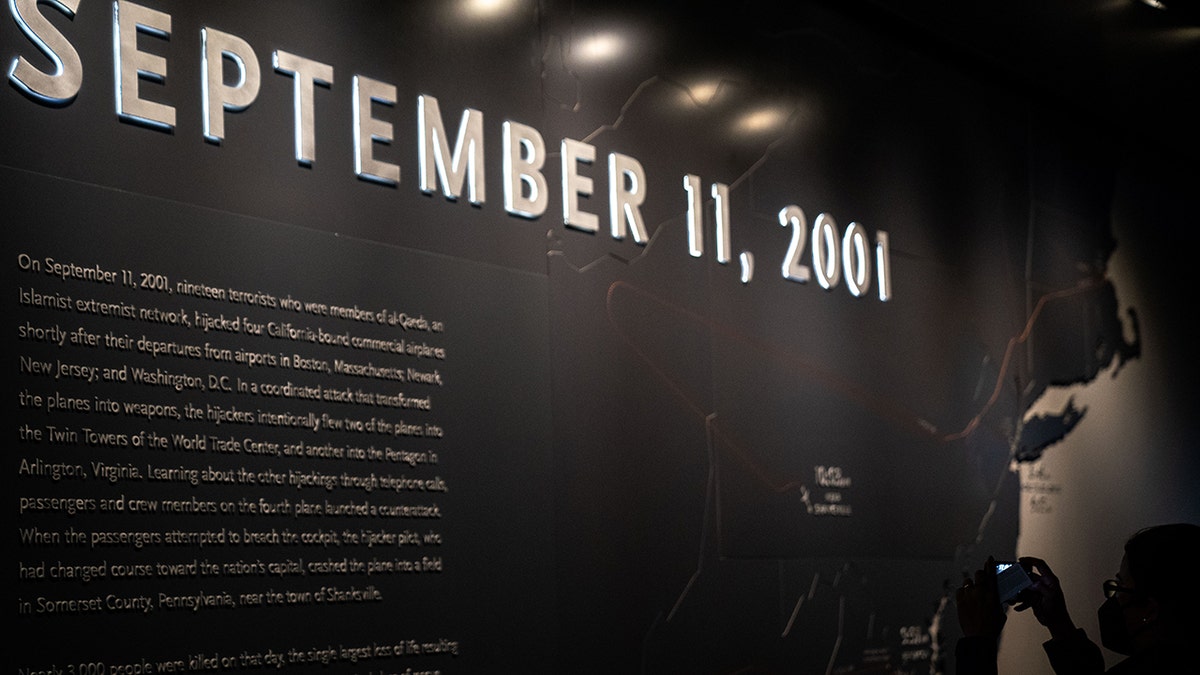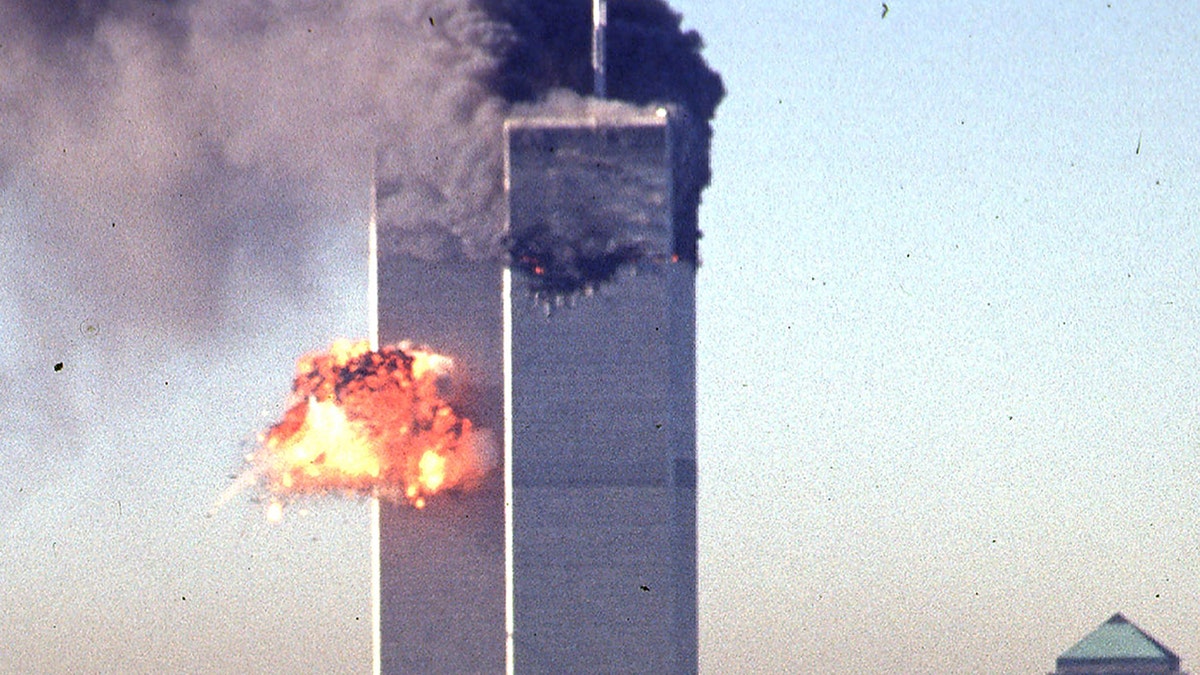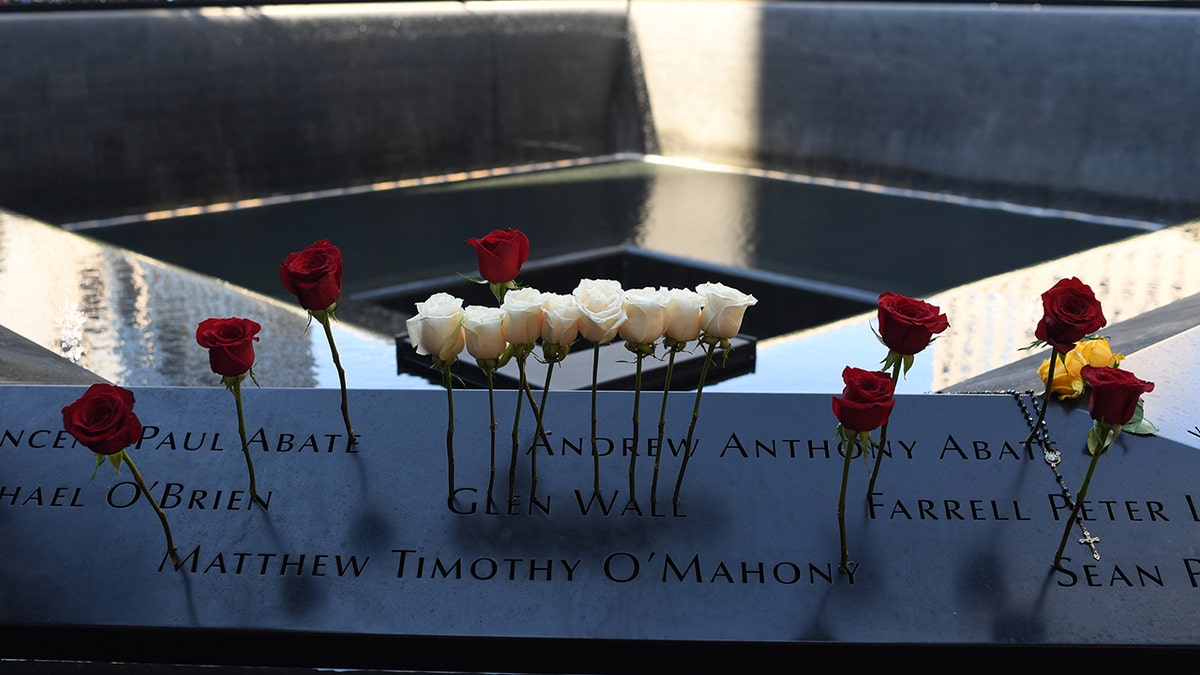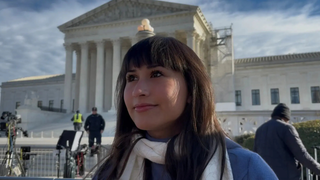Tunnel To Towers CEO honors 9/11 heroes during Annual Tower Climb
Tunnel To Towers CEO Frank Siller joins Fox News' Rick Reichmuth at One World Trade Center for the Tunnel To Tower Annual Tower Climb, discusses the organization's mission and honors the heroes of September 11, 2001.
I’ll never forget where I was 22 years ago when two planes crashed into the World Trade Center. Being in the Pacific Time Zone, I woke up to a call from my wife, asking if I was watching the news. I can still hear the shock of the news reporters and see the images of black smoke coming from the towers and the ash-filled streets.
That morning I drove to attend a presbytery meeting, where we turned on the news and continued to watch the events unfold. We ended our meeting early so we could go home to comfort our communities. I was pastoring a church in Thousand Oaks, California.
I remember driving home through Los Angeles. A freeway usually packed with cars was completely empty. I was one of the only cars on the road. It felt eerie. The gravity sunk in. I knew this would become a monumental day.
America will always remember September 11, 2001.
BIDEN TO OBSERVE UPCOMING 9/11 ANNIVERSARY IN ALASKA IN DEPARTURE FROM TRADITION
On that catastrophic day, four coordinated terrorist attacks crashed into the Twin Towers, the Pentagon and a field in Pennsylvania, killing nearly 3,000 people, and taking aim at our nation’s symbols of economic prosperity and military fortitude. These events led to the War on Terror, and our nation grappled with the sobering reality of our freedom under threat.
As the president of a university, I recognize most college-aged students weren’t even born at that time. They didn’t experience what we did. It’s as distant an event as World War I is to many of us. But they still live with the effects of that day, especially when it comes to airport transportation.

(Kent Nishimura / Los Angeles Times via Getty Images)
While we commemorate and reflect on what happened, there are many lessons we can teach college students to help them recognize the significance of 9/11.
First, democracy is built on courage.
When the World Trade Center buildings and Pentagon were hit, firefighters, law enforcement officers, members of the U.S. Armed Forces and civilians sprang into action to rescue people trapped in the buildings and under the debris. An estimated 13,000-15,000 people were evacuated and 20 people were pulled out of the rubble from the towers.
GOP ANGER GROWS OVER BIDEN ADMIN'S POTENTIAL PLEA DEAL FOR SUSPECTED 9/11 ARCHITECTS
The men and women of Flight 93 heroically acted to prevent another attack. That courage doesn’t solely rest on those who protected our homeland on that fateful day, but also on the men and women who subsequently enlisted in our Armed Forces and fought in the War on Terror.
These brave individuals are a reminder of the courage that permeates our history — something we need more of today. History documents how our Founding Fathers signed the Declaration of Independence risking their lives by committing treason for liberty. They recognized that the pursuit of freedom outweighed the cost. A flourishing democracy requires people willing to fight for what is right in the face of adversity, fear and risk, and even against the status quo.
We can ignite that sense of courage today by sharing stories with college students of the heroic men and women from 9/11 who valued humanity and American ideals over their own safety. And we can encourage our students to reach out to firefighters, local law enforcement or members of the Armed Forces to thank them for their service and learn more about what they are doing to safeguard our nation.
Second, united we must stand.
America came together in the gloomy aftermath of 9/11. Thousands of people volunteered to clean up the rubble and restore what had been shattered. People lined up to donate blood. Others handed out meals, provided shelter and helped families navigate through uncertainty.
Political parties, religious affiliations and demographic differences dissipated. Hours after the attacks, members of Congress — bridging political divides — gathered on the steps of Capitol Hill to sing "God Bless America."’ In unity, they sang the beautiful words, "God Bless America, my home sweet home." Penned by Irving Berlin, he aspired to celebrate how special of a place America is.
America is a place where everyone can fulfill their dreams — seeking similar goals of life, liberty and the pursuit of happiness. It’s a place where unity took precedence over polarization in the wake of the American Revolution. And it’s a place where we pledge to stand as "one nation, indivisible, with liberty and justice for all."

A hijacked plane crashing into the World Trade Center on 9/11 (Seth McAllister/AFP via Getty Images)
We can demonstrate how beautiful a place America is by showing the importance of civil discourse. One of the greatest threats to our nation is disunity. We can teach college students — at home or in the classroom — the value of working through conflict, respecting varying opinions and reaching an agreement to strive for a better tomorrow. As people demonstrated during 9/11, unity is possible when we focus on what we have in common.
Third, unwavering resilience preserves our foundation.
Many of us will never forget the image of the three firefighters raising the American flag at Ground Zero. The red, white and blue shone brightly amongst the gray ashes. It was a beacon of hope. Terrorists had destroyed our buildings, but they did not crush the American spirit.
CLICK HERE FOR MORE FOX NEWS OPINION
In the days following, 9/11 was often compared to Pearl Harbor, being a few months shy of the 60th anniversary of the bombings. In his speech declaring war on Japan in 1941, President Franklin D. Roosevelt said the U.S. would win through "absolute victory" and the "unbounding determination of our people." Roosevelt knew that nothing could destroy the foundation of what American democracy was built on.
It’s this same strength Americans had on 9/11. As President George W. Bush said on Sept. 11, "These acts shattered steel, but they cannot dent the steel of American resolve." The days following 9/11 were filled with fear, sorrow and pain. The grief still lingers, but it did not define America. As she did in the past, America rebuilt herself stronger.

( RJ Sangosti/MediaNews Group/The Denver Post via Getty Images)
For college students to truly understand the events of 9/11, we must share personal stories of what happened — where we were and the people it impacted. Encourage them to visit the 9/11 Memorial, in person or virtually. Have them attend an event on their college campus or in their local community that commemorates 9/11. And then, discuss how it made them feel and what they learned from the experience.
As they study the events of 9/11, encourage them to think about what they would do in the face of tragedy. Who would they decide to become? We are all bound to face moments of unthinkable pain, but it’s what we do after that matters the most.
CLICK HERE TO GET THE FOX NEWS APP
Like any tragedy in history, once we stop talking about it is the moment it starts to fade into the past. So, we must continue to share stories…stories of where we were (even if it was driving on a freeway in Los Angeles), and stories of people who were at Ground Zero.
On Sept. 11, we must always remember. We must remember those who courageously walked into a disaster to make a difference in the lives of others. We must remember those souls who were taken so early. And we must remember the bravery of those who preserved our freedom.









































